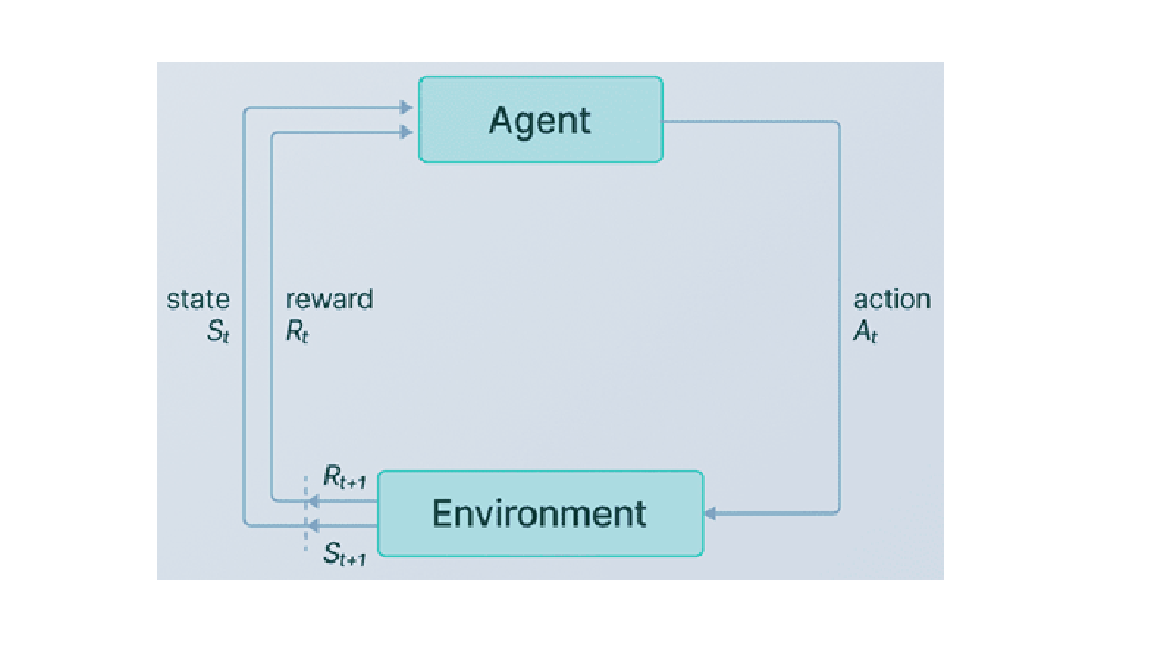Deep Reinforcement Learning for Adaptive Resource Allocation in Cloud Computing
Main Article Content
Abstract
The rapid growth of cloud computing systems has led to the need for efficient and adaptive resource allocation mechanisms to manage dynamic workloads, reduce costs, and optimize system performance. Traditional resource management strategies often struggle to cope with the inherent complexity and variability of cloud environments. Deep Reinforcement Learning (DRL) has emerged as a promising approach to address these challenges, offering the ability to learn optimal resource allocation policies through interaction with the system. This paper explores the application of DRL for adaptive resource allocation in cloud computing, highlighting its capacity to handle uncertainties, minimize latency, and ensure fairness in resource distribution. We present a framework where DRL agents continuously adapt to workload fluctuations and system state changes, improving both resource utilization and service quality. Through experimentation, we demonstrate the effectiveness of DRL-based approaches in optimizing resource scheduling, load balancing, and task allocation, making them suitable for various cloud-based applications, including virtual machine provisioning, container orchestration, and cloud gaming. The results show that DRL outperforms traditional methods in terms of efficiency, scalability, and overall system performance, paving the way for the next generation of intelligent cloud resource management systems.
